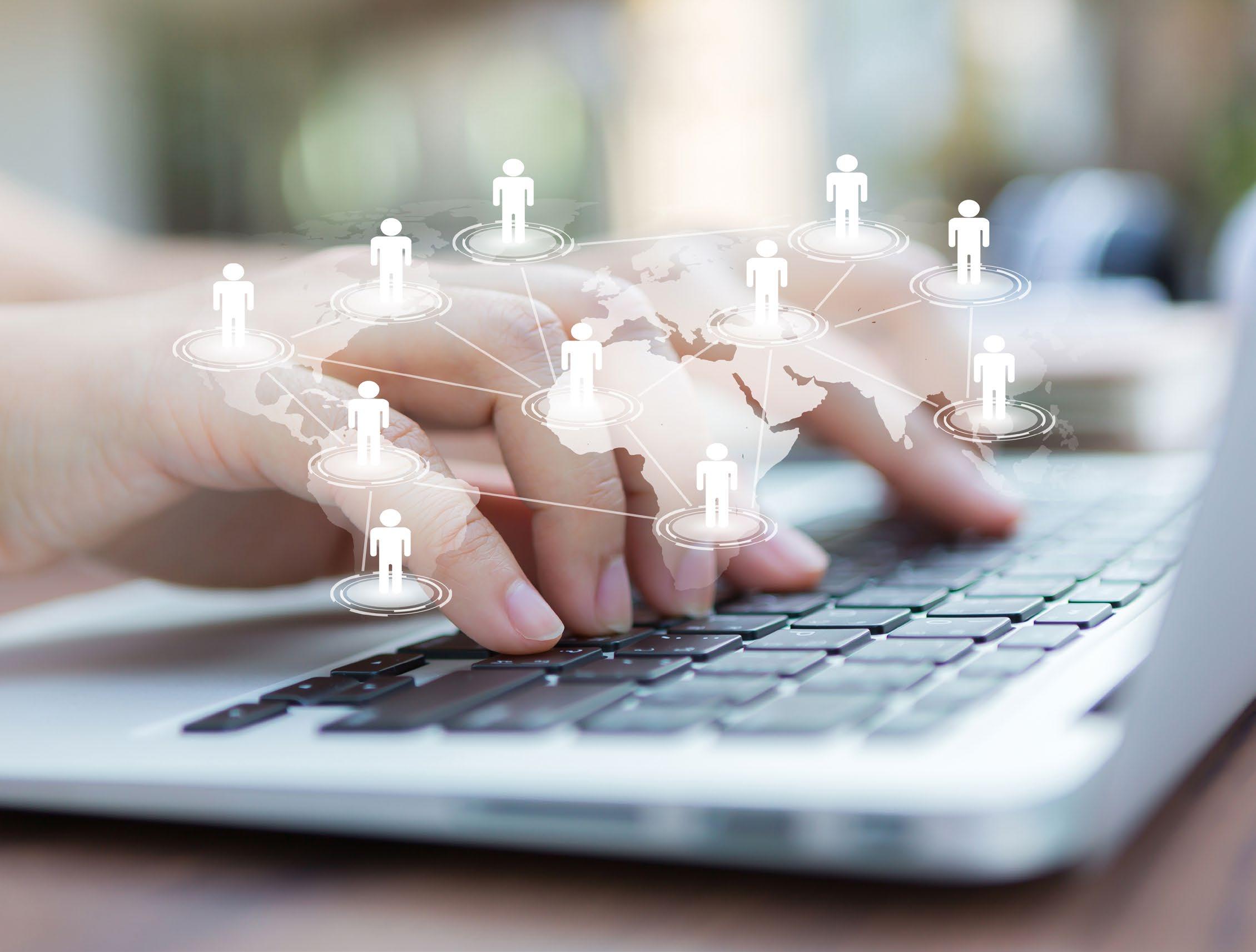
4 minute read
Amani Carson
The Benefits of Working from Home
By Amani Carson
Recently, LinkedIn’s Workforce Confidence Index found that over half the population would like to maintain the option to work from home (WFH), if at all possible. I, personally, am inclined to agree. In addition to reducing our carbon footprint, and saving both employers and employees money, I believe giving people the opportunity to WFH also offers the following benefits:
1. Intentional Work: Gone are the days when your coworker or, god forbid, your boss could just swing by your workstation to ask a “quick question,” which somehow becomes an hourlong impromptu meeting that disrupts your (slightly ambitious, but appropriately challenging) plan for the day and maybe upending your schedule for the week. Setting up a Zoom meeting or even a phone call requires scheduling and intention. Collaboration does not need to mean chaos; brainstorming sessions can remain organic, but now they can also be organized.
2. Community Engagement: “Work from home” does not mean “stay at home.” Once we begin moving around again, WFH means you can become a regular at your neighborhood coffee shop or bookstore. WFH means you and your neighbor can walk down the street to your community library, instead simply waving in passing as you commute to your separate jobs. WFH doesn’t mean seclusion or the loss of human touch, rather it means we can be active in our own communities and cultivate connections outside of the office.
3. Inclusive Work: No office space, no matter how modern or flexible, will suit every worker. The harsh reality is that the office isn’t for everyone, and many smaller businesses or nonprofits do not have the financial means to immediately create fully inclusive environments. While the company might be compliant with the Americans with Disabilities Act (ADA), just because the building is accessible doesn’t mean the environment is optimal. The right workers are not necessarily those who live in commuting distance to the company or have the expendable income or personal
flexibility to relocate. The option to work remotely or to flex work (working remotely and in the office) gives everyone the chance to work with the organizations they fit best in the spaces where they function best.
4. Time: Even if you finish early and clock out on time, work always extends beyond the workday. Think about the time you spend getting
dressed, taming your unruly hair, packing a lunch, and commuting to and from work. Although you might not be on the job, these are hours you don’t spend with your loved ones, pursuing your hobbies, catching your ZZZs, living your life because of the job. Reducing these uncompensated work hours gives more workers

the chance to have a life outside of their jobs and attain a true work-life balance. Imagine replacing your morning mad dash with a stretch and a few minutes of meditation; grabbing a quick bite with a friend or walking the dog during your lunch break; or helping your child with homework at 5 p.m. instead of missing dinner while sitting in traffic. A work-life balance isn’t having a life at work. Rather, it’s having a life outside of work.
To read more about the Workforce Confidence Index, please click here.
Amani Carson holds a degree in psychology from Duke University. She has worked on advancing health literacy at Harvard Medical School and Boston Medical Center.
Staying Positive During COVID-19
By Lizzie Gray
The years 2019 and 2020 were shaping up to be wonderful. I got my associate’s degree in human services from Massasoit Community College in May 2019. In the fall, the Ruderman Family Foundation chose me to be an intern at the Massachusetts State House through a new internship program. I was paired with State Representative Josh Cutler, who is the co-chair of the Joint Committee for Children, Persons and Families with Special Needs.
It was a perfect pairing because my long-term goal is to be an advocate in the disability community. When I wasn’t at the State House, I had a parttime job in the main office of my synagogue performing different administrative duties as needed. Life was good and I was hoping to get a job, move into my own apartment, and begin to be more independent.
Yet in March 2020, along came the invisible devil — COVID-19. The State House closed, the synagogue closed; I could not go to the city by train, I have no idea when or if I will be allowed back to either opportunity. What’s next and how did I cope?
As my anxiety began to turn ugly, I decided to try and find a silver lining. The following three things have really helped me get through this difficult time:
• Zoom has been my best friend. I am doing lots of online meetings via Zoom and other video platforms with friends and different organizations. This has helped me to feel connected to others and see that I am not alone on this journey. • I organized a food drive in my neighborhood and collected about 20 bags of food to donate to the Easton Food Pantry. Helping others in need is very important to me and this helped me think outside of my own situation. • I decided to use my time taking an online class to pursue my

bachelor’s degree and I am happy to say that I got accepted to Bridgewater State University. I am looking forward to seeing what the next chapter holds for me in this unprecedented time. After all, we are in this together.
Lizzie Gray is a proud disability advocate who hopes to impact change through policy. She is currently an intern at the MA State House.








